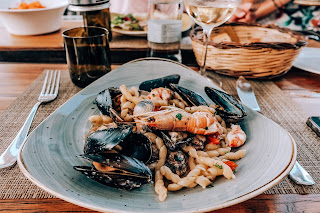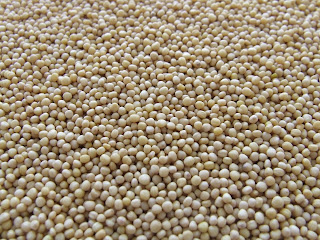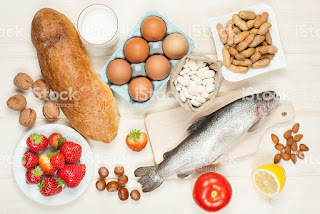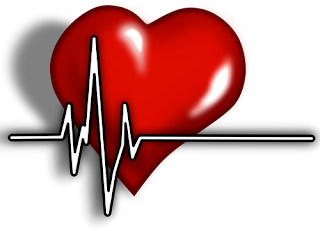Dr Asjad Hameed - Endocrinologist - Consultant Diabetologist
 |
| Dr Asjad Hameed |
- M.B.B.S
- M.R.C.P (Ireland)
- F.R.C.P (Ireland)
- CCST (UK)
- Consultant Physician / Endocrinologist
- Consultant Diabetologist
Skills and Expertise :
Dr Asjad Hameed skills and experience cover both endocrinology and diabetes with a particular focus on type 1 and Type 2 diabetes, lipids management, erectile dysfunction, diabetic foot care and vitamin D deficiency. His specialist knowledge has been Provide from a vast array of study and research and practice with a number of leading hospitals in Eire and the United Kingdom, including placement as Consultant Physician in Endocrinology at Kulsum International Hospital.Dr Asjad is working in ICLDC Dubai hospital Branch in 2008 and continue 15 days of every month. Looking for endocrinologist in Islamabad than Dr Asjad is highly recommended as he is considered best endocrinologist in Islamabad
Diseases treated at Clinic by Dr Asjad Hameed
- Diabetes Specialist
- Male Hormones Specialist
- Thyroid Hormones Specialist
- Hormonal Disorders Specialist
- Lipid Specialist
- Metabolic Disorders Specialist
- Osteoporosis Specialist
- Blood pressure Specialist
- Sugar Specialist
- Diabetic Foot care Specialist
- Calcium Specialist
- Growth Hormones specialist
Read More About Best Endocrinologist In Islamabad:
- Dr Saleem Qureshi - Medical Specialist - Endocrinologist
- Prof Dr Rauf Niazi / Endocrinologist / Diabetes Specialist.
- Dr Faryal Mehmood / Endocrinologist / Diabetes Specialist
- Dr Zulfiqar Ali Kango Cardiologist & Diabetologist
- Dr Nuzhat Hameed / Consultant Diabtologist and General Physician
- Dr Madiha Ahmed - Endocrinologist - Diabetes Specialist
- Dr Asjad Hameed - Endocrinologist -
Dr Asjad Hameed Clinic Timing: 15 Days Of Every Month Other 15 days In Dubai Hospital
- Monday 9:00 AM To 9:00 PM
- Tuesday 9:00 AM To 9:00 PM
- Wednesday 9:00 AM To 9:00 PM
- Thursday 9:00 AM To 9:00 PM
- Friday 9:00 AM To 9:00 PM
- Saturday 9:00 AM To 9:00 PM
- Sunday OFF
Kulsum International Hospital:Kulsum Plaza 2020 Blue Area, Jinnah Avenue, Islamabad, Pakistan Contact Number :0518446666
Dr Asjad Hameed Diabetologist Contact Number:03332633167, UAE 00971566083542
Fax: 0512342196 Email : Asjad.Hameed@kih.com.pk
Diabetes specialist in islamabad are very famous for their skills and experiecne.














